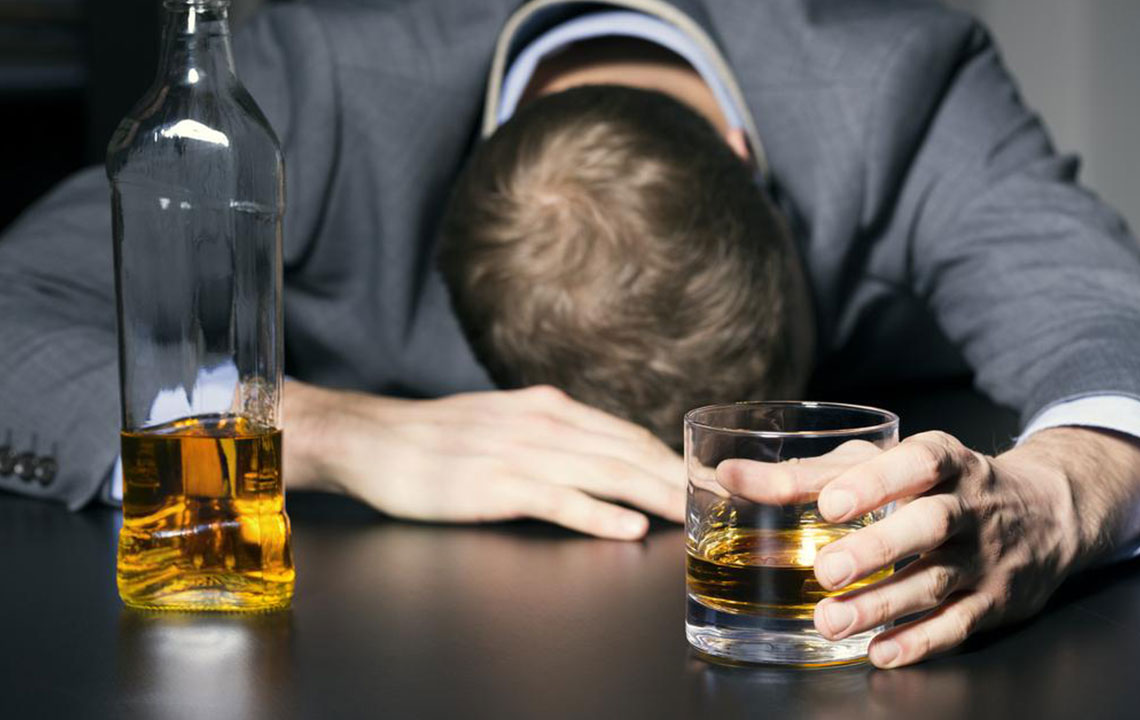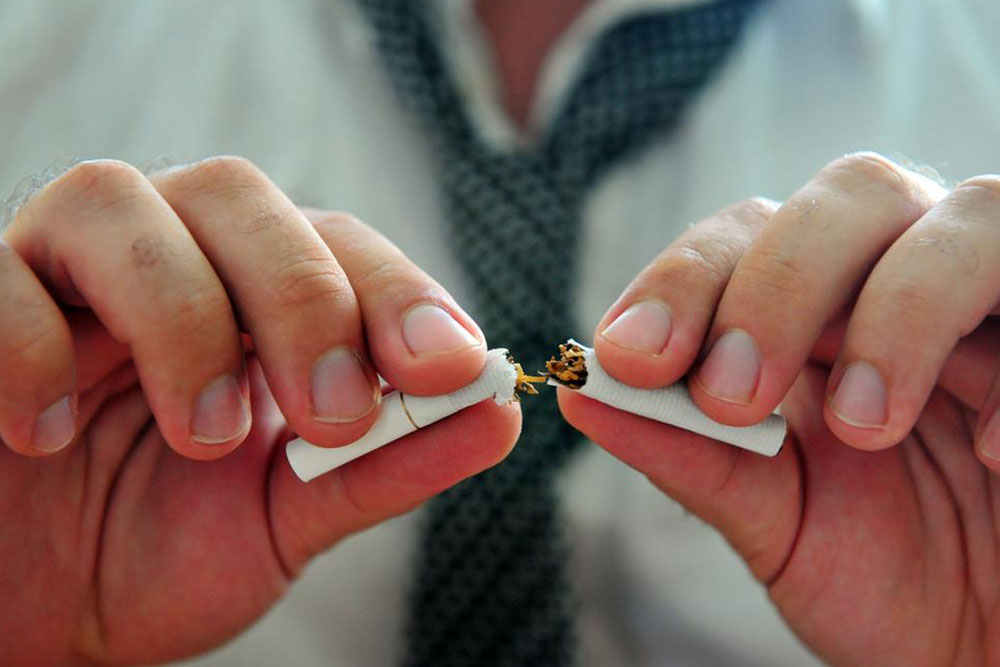Managing Cravings to Prevent Relapse After Addiction Treatment
This article offers expert strategies for managing cravings and avoiding relapse in addiction recovery. It highlights common triggers such as stress, emotions, and social situations, providing practical tips like mindfulness, emotional regulation, and positive reinforcement. Emphasizing the importance of lifestyle adjustments and counseling, the piece aims to support individuals on their journey to sustained sobriety and mental well-being.
Sponsored

Unaddressed addictions can develop into severe health issues. Common dependencies include smoking, excessive drinking, and compulsive shopping. Once addicted, individuals often succumb to urges even after initial satisfaction. Fortunately, addiction recovery is achievable, but the post-treatment phase is critical. During this period, both mental and physical health are tested, and relapse risks increase. Read on to learn about typical triggers for relapse and effective strategies to manage them.
Stress
Stress frequently underpins various physical and mental health issues, including addiction.
Many individuals turn to substances or compulsive behaviors as coping mechanisms for stress caused by strained relationships or life pressures. To prevent relapse, it’s important to make lifestyle adjustments that eliminate known stress triggers. Practices such as mindfulness, relaxation exercises, time management, healthy eating, and regular physical activity can help maintain sobriety.
Handling Emotions
Emotional fluctuations can provoke cravings unexpectedly. Daily emotional stress can lead to urges, often unnoticed. Many may resort to alcohol or medication for temporary relief, which isn't a sustainable solution and can be harmful long-term. Developing healthier emotional management tactics, like journaling thoughts and feelings, can serve as productive outlets. Engaging in hobbies or physical activities also helps redirect emotional energy constructively.
Positive Reinforcement
Individuals recovering from addiction, whether to nicotine or alcohol, might encounter situations where cravings are triggered—such as social settings involving their substance of choice. While socialization is important, succumbing to these urges can jeopardize sobriety. Reconditioning through positive reinforcement and alternative activities, such as hobbies or relaxation techniques like yoga, can rewire the mind to resist cravings.
Group Counseling and Social Events
Celebrations like birthdays, parties, or New Year's gatherings often involve alcohol and smoking, which can trigger relapse. Abstaining from these substances in social events is crucial. Preparing mentally through counseling can strengthen resistance. It's important for recovering individuals to engage socially without fear, ensuring they don’t feel isolated or tempted to relapse.






